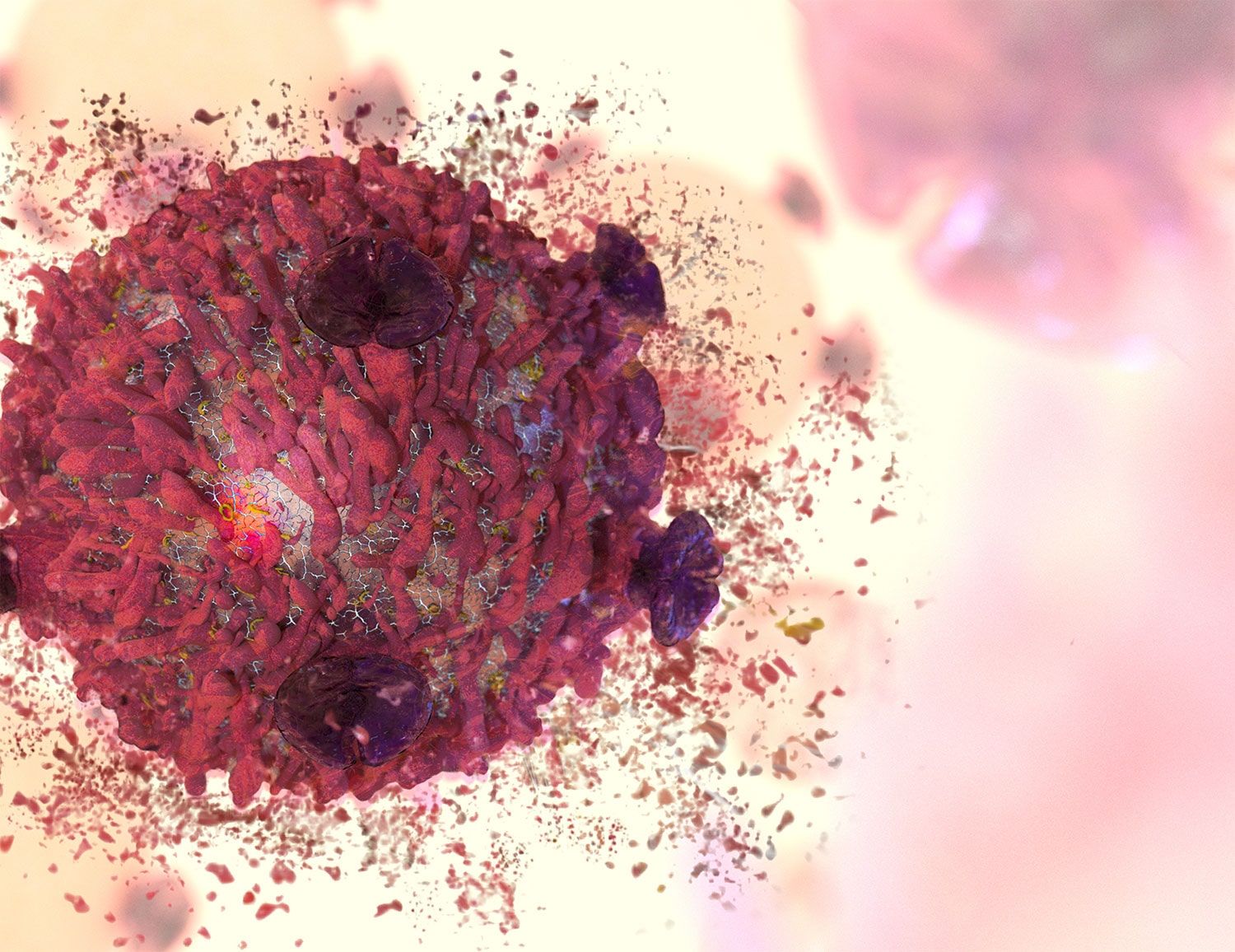IN MAY 2017, THE U.S. FOOD AND DRUG ADMINISTRATION (FDA) expanded indications of the immunotherapy drug Keytruda (pembrolizumab) to include any metastatic or nonremovable solid tumor with certain molecular characteristics—the first time a drug had been approved based on tumors’ molecular characteristics rather than the tissues where they originated.
At an April 15 session titled “Has Pandora’s Box Been Opened? The Site-Agnostic Approval of Pembrolizumab” at the American Association for Cancer Research Annual Meeting 2018 in Chicago, regulators and researchers reflected on the implications of this novel type of drug approval.
The move raised many unanswered questions, but it also provided hope to patients without available treatment options, said the session chairperson, Steven Lemery of the FDA. The approval allowed “faster access to patients rather than requiring separate [clinical] trials in each individual tumor type,” Lemery said.
Keytruda was originally approved in 2014 for treatment of advanced melanoma and has since been approved for treatment of five additional cancer types. The so-called “site-agnostic” approval of Keytruda was based on clinical trial results indicating that patients with a variety of tumor types benefit from the drug if their tumors have certain molecular characteristics related to problems with DNA repair known as mismatch repair deficiency or microsatellite instability. The approval was for patients without other satisfactory treatment options.
Identifying patients with these DNA repair problems is not entirely straightforward, speakers at the session said. There are two primary types of tests in use, one for mismatch repair deficiency and one for microsatellite instability, and patients may test positive with one and negative with another. This has led physicians to wonder if they might miss patients who would benefit from treatment based on a false-negative test.
Newer next-generation sequencing tests for microsatellite instability also rely on a variety of algorithms, explained Zsofia Stadler, clinical director of the clinical genetics service at Memorial Sloan Kettering Cancer Center in New York City.
Tests appear to perform differently depending on tumor type, said Russell Broaddus, a pathologist at the University of Texas MD Anderson Cancer Center in Houston. He mentioned a case study, for example, describing a patient with both colorectal cancer and adrenal cortical carcinoma with a hereditary mismatch repair mutation. The patient’s colorectal tumor tested positive for high microsatellite instability, but his other cancer tested negative, even though both tumors were positive for the mismatch repair mutation.
The approval of Keytruda across tumor types was an accelerated approval based on research that showed responses in 15 advanced cancer types. The approval is contingent on the company continuing to collect data on Keytruda in more patients.
A member of the audience asked what would happen if patients with specific cancer types didn’t respond to the therapy. “We do update labeling all the time,” answered Lemery. “That could be a possibility.”
Another question is which cancer patients should be tested, Lemery said. These defects are rare in many metastatic tumor types. Currently, some organizations recommend screening for Lynch syndrome, a hereditary syndrome characterized by mismatch repair gene mutations, in patients with colorectal cancer or endometrial cancer. But even among these patients, many do not get screened.
Michael Overman, a gastrointestinal medical oncologist at the University of Texas MD Anderson Cancer Center in Houston, said that he does not know which cancer patients should be routinely screened, although it will likely depend in part on how common microsatellite instability and mismatch repair deficiency are in various tumors types. However, he also suggested that the magnitude of the benefits patients can get from therapy should be considered. Responses have been long-lasting, and time may even tell if some patients have been cured. “The activity of this therapy in this population is extremely high, some of the highest we’ve seen,” he said.
Cancer Today magazine is free to cancer patients, survivors and caregivers who live in the U.S. Subscribe here to receive four issues per year.





